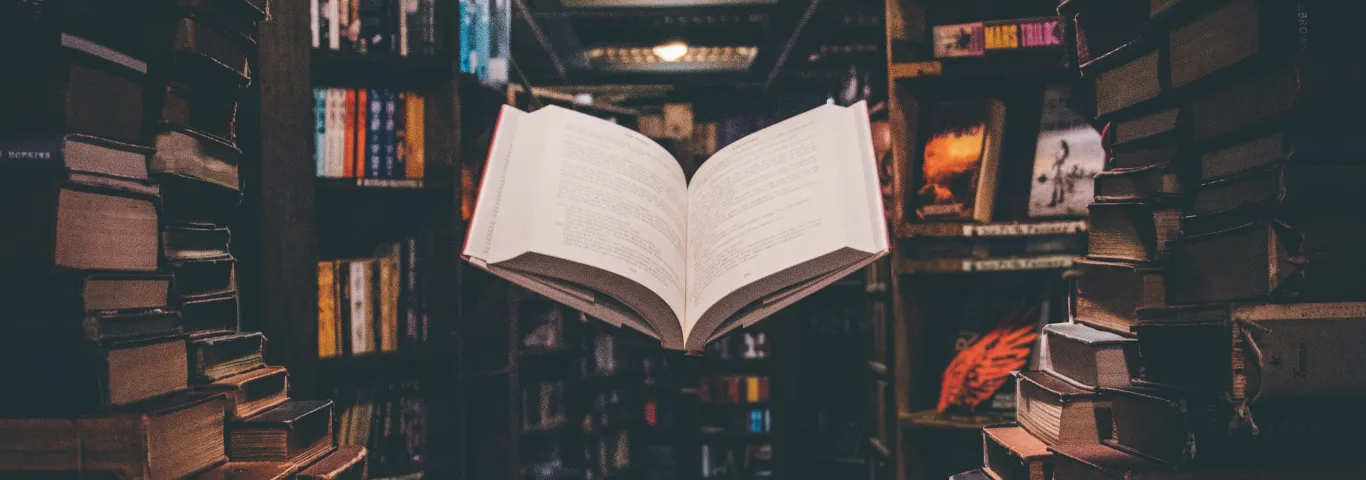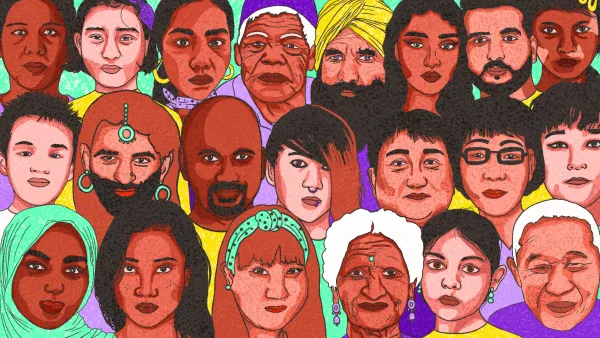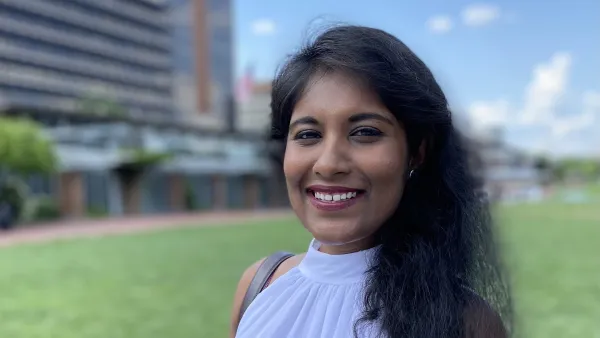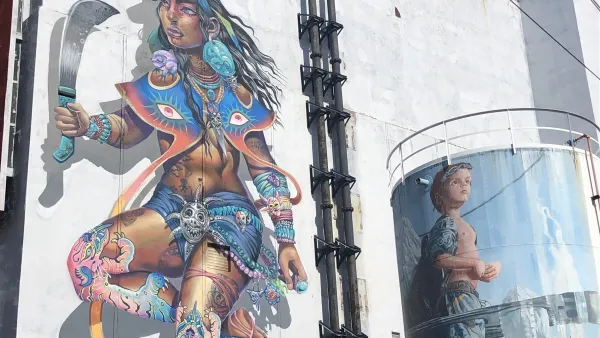In college, I acted as a student host for the poet Stephen Dunn shortly after he won the Pulitzer Prize. I was enamored with poetry, and Dunn was a hero to me. During his visit, I drove him in my beat-up old car to a local bookstore for a signing. Trying to make small talk, I mentioned the massive crowd that must be waiting for him. He smiled. “How many books do you think I’m about to sell?” I assumed at least a hundred, maybe two hundred, quite possibly three hundred books! He laughed. “Abram, if I get to ten,” he said, “it will be quite a day.” We showed up to an empty store. I bought two books, but he never made it to ten.

Poetry occupies a weird place in our culture. On the one hand, it is everywhere—recited at weddings, framed and hanging on walls, a verse in the subway, a stanza in the hallway, a new poem for each new president, a few lines most have ready at the tip of their tongue. Creative writing programs boom and college literary magazines abound. On some fronts and for some publishers, poetry has seen a wonderful rise in popularity, in part through slam poetry and the reach of social media.
On the other hand, for many people poetry is something they once had to do in school and are now happy to leave behind. I have encountered numerous people who think poetry is just plain too hard. The thought of reading a poem touches an old fear, a memory of a looming test in high school or college and the confusion that ensued as to how these words were supposed to work. Many people see poems as complicated locks with a key that was always kept hidden from them. They want to know what a poem means, damn it, and they can’t understand why poets package a seemingly simple message in such strange and convoluted ways.
The possibility of being moved by a poem, or delighting in it, has too often been lost. The taste of a poem, the sound of it, the good challenge of a good poem getting stuck in our hearts or jarring our minds, the thrill of an incredible lyric, the beat of a well-placed pause, the possibility that a poem might change the way we think—these things have been set aside, or simply never tried, since so many people seldom read a poem or a buy a book of poetry.
For those who have not read poetry since the last time they were forced to do so, I have good news: there are no more tests. Poetry is not a lock with a hidden message trapped inside. Instead, I would argue, it is a way of being moved and attempting to move others in turn. Poetry begins not just with meaning, but with music. We are drawn to the sound of it, and the sound draws us into a way of thinking, a perspective, an insight we could not have gained otherwise. We don’t open poems; poems open us.
When a poem does find us, then, it may be nothing more than the pace that causes us to pause, or a phrase that catches our attention, or a feeling that gives us the sense of something important being said—even if we don’t know yet what it is. Whatever it is that causes us to pause or pay attention, it’s then that we begin to ask how this poem created that reaction in us, and why, and what it might be asking in return. What challenge does this poem pose to what I always thought I knew? Or how does the poem put into words what I’ve long felt or known but never been able to say?
“We don’t open poems; poems open us.”
Sometimes all it takes is a little teaching to get the taste. That bit of teaching is what a new podcast called Poetry For All aims to achieve. In this podcast, which I co-host with Joanne Diaz, a poet and English professor at Illinois Wesleyan University, we introduce a great poem each week and why we love it. In fifteen minutes, we read the poem, discuss it, learn how it works, see what it has to teach us, then read it one more time.
We open with Seamus Heaney’s poem “Digging.” It’s a poem that meditates on the point, purpose, and possibilities of poetry itself. In particular, it considers the place of a pen in a family that has long known only a spade. We have future episodes lined up on Emily Dickinson, Phillis Wheatley, William Shakespeare, John Donne, Claude McKay, and many more. We were galvanized to do this podcast by our own experience learning and teaching poetry. “Whenever I teach,” Joanne says, “I always speak to the person I was when I was 18: a first-generation college student who nearly failed freshman composition and had no sense of how to analyze and discuss poems. Many of my students are hesitant about poetry, or dislike it altogether, but I want them to feel like poems are for them, no matter what their background or experience might be.”
At Poetry For All, we are trying to reach not just those who love poetry, but those who feel hesitant about it, even those who dislike it altogether. One by one, we are finding our way into great poems, hoping that along the way we can bring you into them as well. Poetry is not reserved for those with a special interest and talent in the literary arts. Poetry is for us all.




